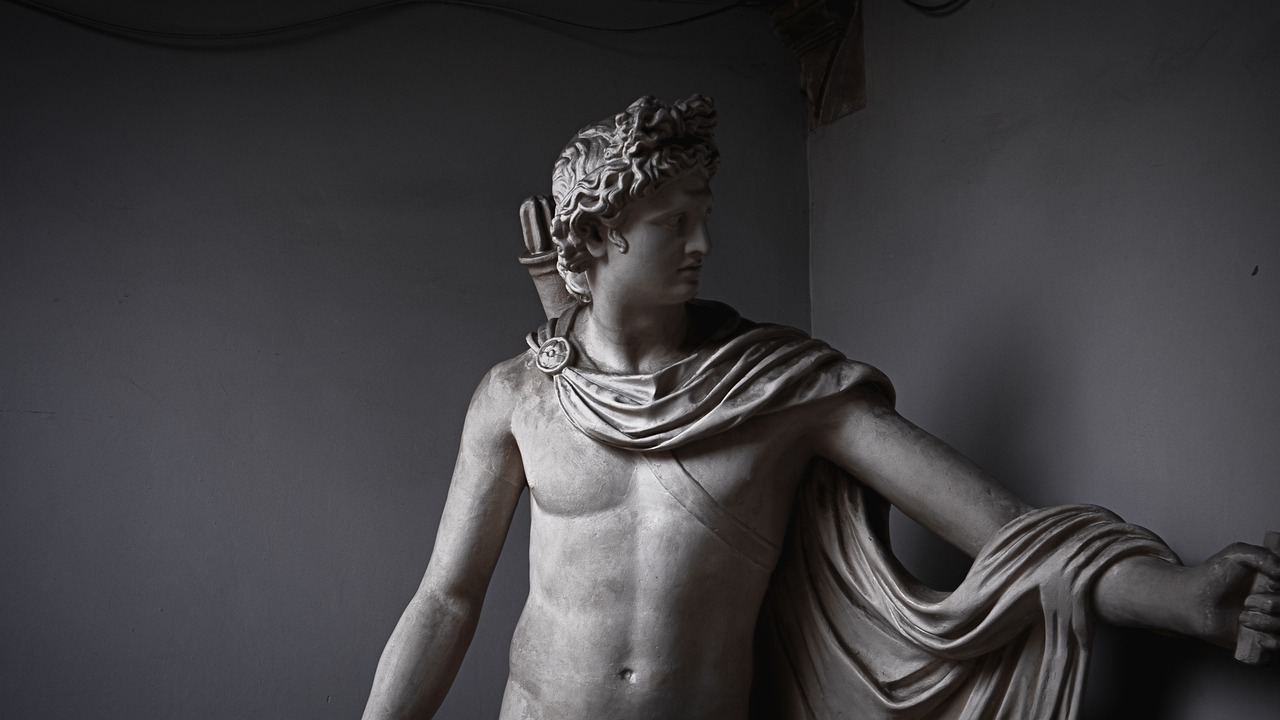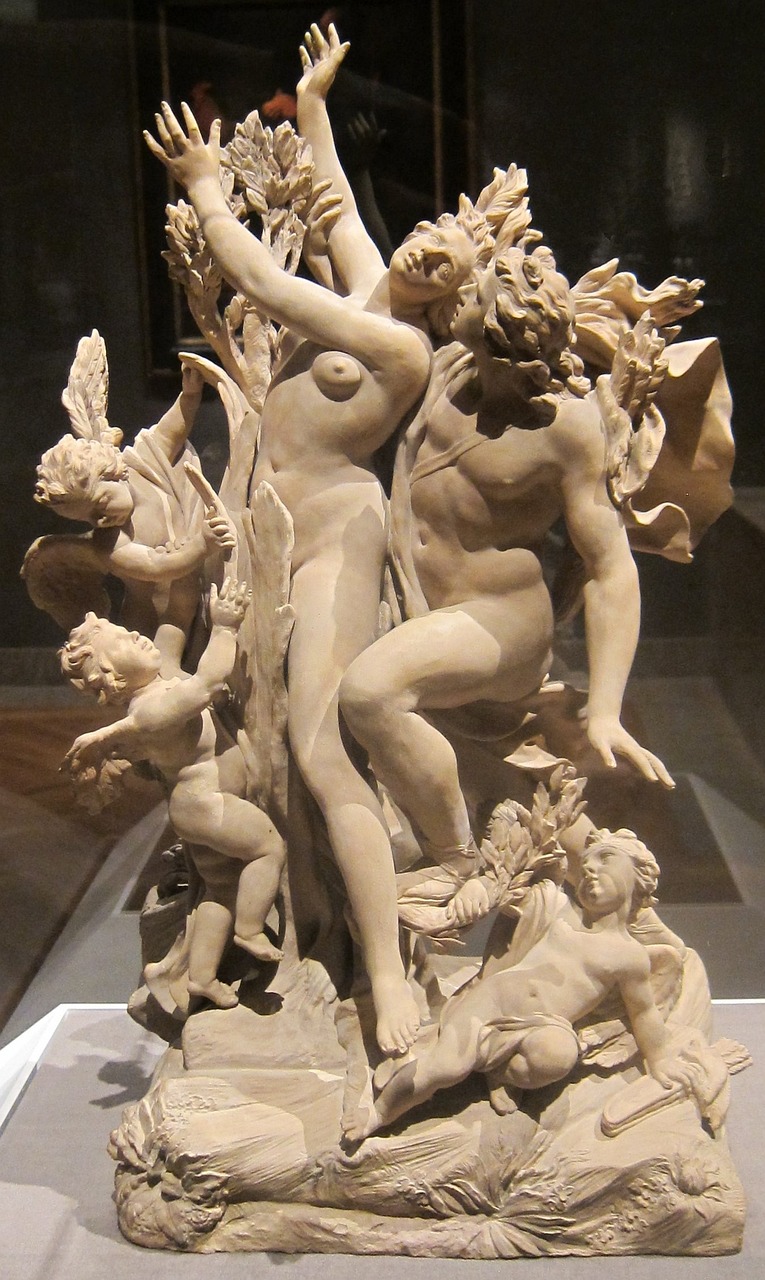-

Tellus: The Roman Goddess of the Earth Tellus, often referred to as Tellus Mater, is the Italian goddess representing the earth. Her presence was felt during seismic events, with a temple dedicated to her in Rome, which was established in 268 B.C. following an earthquake amidst war. As a protector during natural calamities, she was…
-
To the ancient Egyptians, Geb represented the embodiment of the earth, distinctly characterized as a male earth deity in contrast to the common perception of earth as female across many cultures. His worship was prevalent, leading to a rich tapestry of stories and depictions in Egyptian art. Names and Titles The god Geb is most…
-

I went ahead and purchased it. The experience turned out to be truly remarkable. It’s interesting how I sought advice from friends who, just like me, infamously disregard their own book-buying restrictions. It’s reminiscent of when I reach out to my friend about whether to indulge in a trendy pair of shoes. To summarize, Nox…
-

Overview of an Ancient Roman Sculpture Period and Material Dating from the late 1st century to the early 2nd century A.D., this sculpture is crafted from Carrara marble, measuring approximately 150.5 x 58.4 x 53.3 cm and weighing around 426.38 kg. Acquisition Details This artwork was purchased by the museum in honor of Mrs. W.…
-

The Roman God Apollo: A Multifaceted Symbol of Culture and Order Apollo, emerging from the Greek pantheon, assumed a significant role as a celebrated Roman god, renowned for his associations with music, poetry, and creative inspiration. A pivotal figure in the realms of law and healing, Apollo was instrumental in establishing societal order and was…
-
Rhiannon stands as a prominent character in the ancient prose and mythology of Britain, specifically within the Mabinogi. These narratives, compiled between the 12th and 13th centuries, draw on earlier oral traditions and were crafted by Welsh medieval authors. Rhiannon is known as the Celtic goddess of the moon whose name translates to “Divine Queen”…
-
Lying just a dozen miles from Tara, the ancient ceremonial site of Tlachtga, also known as the Hill of Ward, served as a significant hub for Celtic religious practices over two millennia ago. Although Tlachtga is often eclipsed by its more illustrious neighbor, it deserves recognition as a site of considerable historical importance. Historically, Tlachtga…
-

Hypnos: The God of Sleep in Greek Mythology Hypnos, also known as Hypnus, personifies the essence of sleep and is an integral figure in ancient Greek mythology. Residing in Erebos, the realm of everlasting darkness that lies beyond the sunrise, he ascends to the heavens each evening alongside his mother, Nyx, the goddess of Night.…
-
In ancient Egyptian mythology, the deity Nephthys embodied aspects of death, darkness, and decay, but was also revered as a powerful healer and magician. Known as Nebt-het or Nebhet in her native form, her name translates to “Lady of the House.” Nephthys was born to the divine parents Re and Nut, was wed to the…
-

Apollo Grannus: The Multifaceted Celestial Deity Origins and Family: A Comprehensive Overview Apollo, renowned for his many attributes, stands as a complex figure in mythology. His lineage includes his twin sister Diana, elemental in the realm of archery, sharing a cosmic connection—his divine alignment with the Sun and hers with the Moon. Born to the…


